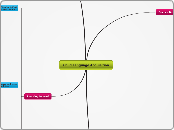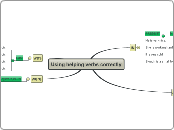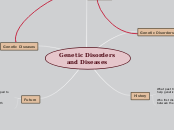INGLES
SUPERLATIVES
Superlative adjectives express the maximum degree of a characteristic of an element with respect to others of the same group or condition.
The fastest car is the blue one.
In superlatives, the article is added before the adjective and the ending -est is behind it.
THE TALLEST
To form the superlative of two syllables, add "the most" in front without altering the adjective, or you can add the article the in front of the adjective and the ending -est behind
The most difficult
The most / the + -est
The most clever / The cleverest
COMPARATIVES
In two-syllable adjectives to build the comparative, "more" is added before without altering the adjective. In some cases you can also add the ending -er.
More difficult
Comparative adjectives are used to compare a certain characteristic or quality between two or more things, animals or people.
FOR EXAMPLE
In one-syllable adjectives, the final ending -er is generally added in comparatives.
TALLER
TALL
PRESENT PERFECT
events that have already occurred at a specific time or in the past but that continue to have relevance in the present
EXAMPLE:
INTERROGATIVE
HAVE/HAS + SUBJECT + PAST PARTICIPLE
NEGATIVE
S + HAVE NOT (HAVEN'T/ HASN'T) + PAST PARTICIPLE
I HAVE NOT TRIED SUSHI
POSITIVE
S + HAVE/HAS + PAST PARTICIPLE
I HAVE TRIED SUSHI
PAST SIMPLE
"past simple" is used to talk about actions already completed in the past.
Last week we travelled to Canada
There are two types of verbs: regular and irregular. In order to correctly construct the past simple we must know if the main verb is regular or irregular.
verbs that do not follow this form are called irregular verbs
verbs are regular and form the past tense by adding the -ed particle to the end of the verb
CONDITIONAL
"first conditional" is used in situations where if a condition is met, a certain result is likely to occur.
If + sujeto + present simple, sujeto + future simple
the simple future is used with "will", but you can also use the simple future with "going to" or a modal verb: "can", "might", "should" or "must".
Your sister will go mad if you touch her things.
If the weather is fine tomorrow, we will go cycling.
FUTURE SIMPLE
The future simple is a verb tense that we use to express actions or events that will happen at a later time than the present moment:
Will you take me to the airport tomorrow? Yes, I will/ No, I won't.
I will be the best dancer in the world.
I think this project won't be successful.









